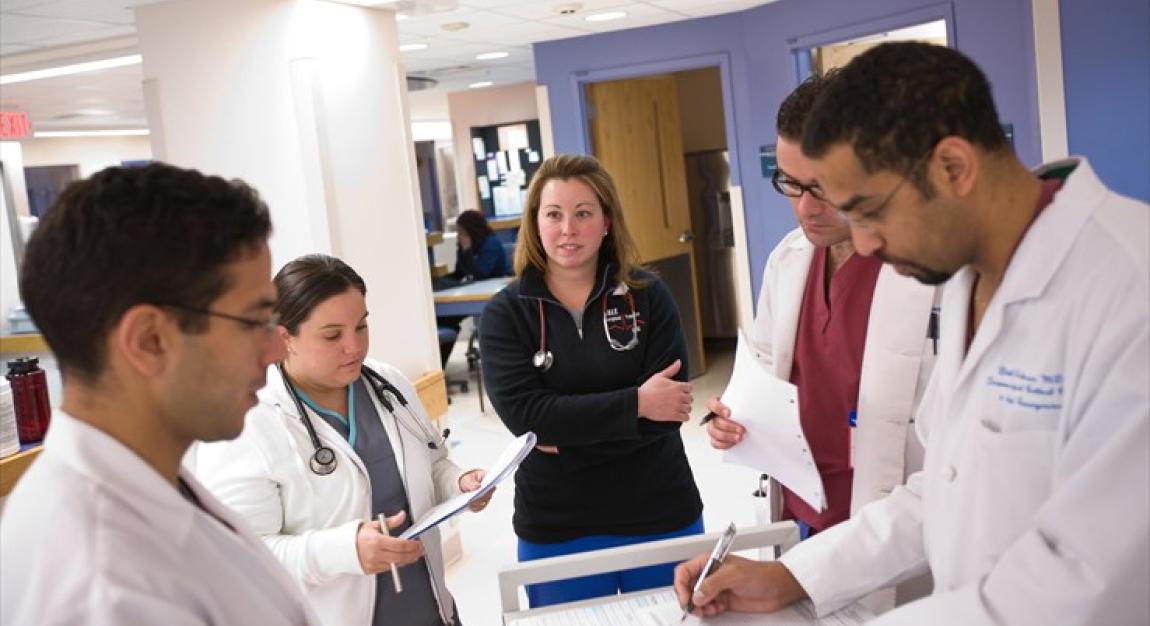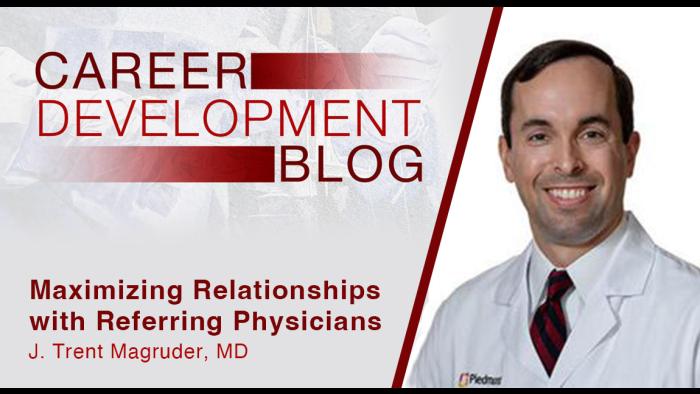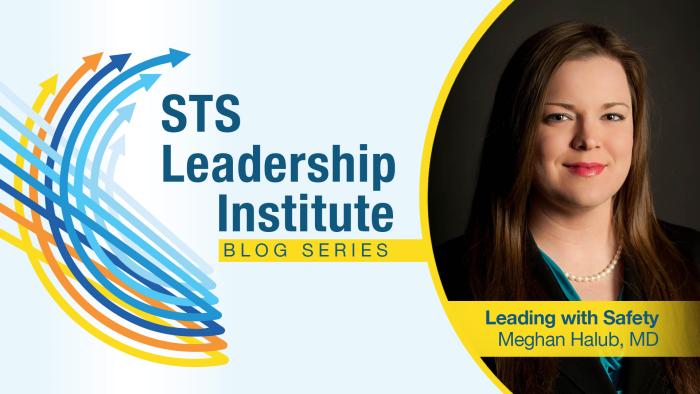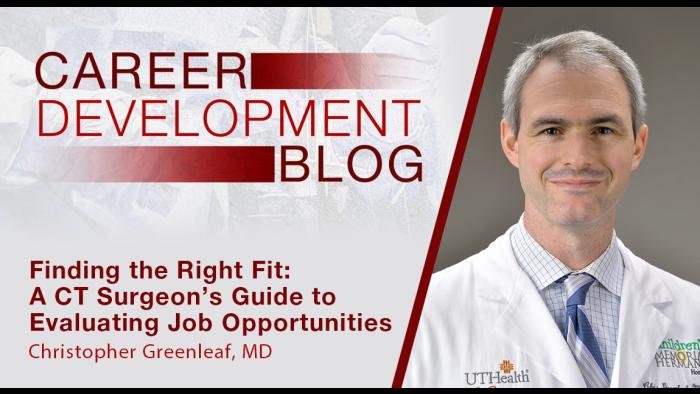Your Career Journey Continues
In the early stages of your CT surgery career, one of the most important things you can do is partner with an organization that will help you broaden your skills, connect with peers and mentors, and take care of your health and wellbeing. These are the fundamentals of career development that will help you
- land the job you want,
- deliver the highest quality of patient care,
- develop leadership skills and increase your visibility within your practice setting among your peers,
- make smart, strategic career decisions, and
- connect and network with other surgeons.
STS has what it takes to be that partner. Here you’ll find extensive professional development programs offering a wide variety of learning opportunities - from finding your first job and receiving fellowship awards to leading in the OR and becoming a voice on Capitol Hill where together we advocate for quality improvement and patient safety.
STS’s resources and activities are developed and designed by surgeons for surgeons. At STS, you can find the support you need to thrive starting today and continuing through your CT surgery career.
Join STS as a Surgeon Member for career-enhancing resources, complimentary subscriptions to The Annals of Thoracic Surgery and other publications, advocacy efforts, discounts on the STS Annual Meeting, and more. If you're not already a member, apply today.
Education
STS offers a variety of high-quality, timely, and relevant opportunities for in-person and online learning. These include conferences, webinars, e-learning modules, and online courses. Some of these opportunities are available for free; others require purchase. STS members receive discounts on programs offered for purchase.
Early Career Surgeons Webinar Series
Brought to you by the STS Workforce on Career Development, the quarterly STS Early Career Journey Webinar Series provides fundamental information for successful career development in an out of the operating room. Surgeons from academic, private practice and hospital settings share practical information and personal insights on a broad range of topics from how to negotiate a contract and manage one’s finances to coping with second victim syndrome and supporting one’s OR team. These learning opportunities will help early careerists land the job they want, deliver the highest quality patient care, develop leadership skills, make smart strategic career decision, and connect and network with other surgeons.
View recordings of these past events:
- Early Career Journey: Student Loan Management for Early Career Physicians (November 7, 2024)
- Early Career Journey: Pathway to STS Involvement and Leadership (June 6, 2024)
- Early Career Journey: Contract Negotiation (March 14, 2024)
Career Development News and Insights
The Career Development Blog features posts written by early career STS members on topics relating to the specific career needs of surgeons in the first years of practice. Read selections from the blog and other STS news updates for early careerists.
Podcast Episodes
Interested in real talk on the origin stories of successful cardiothoracic surgeons and leaders? Want to learn how to become more resilient? Follow STS's Same Surgeon, Different Light and The Resilient Surgeon podcast series to help you optimize your career journey and live well in and out of the OR.
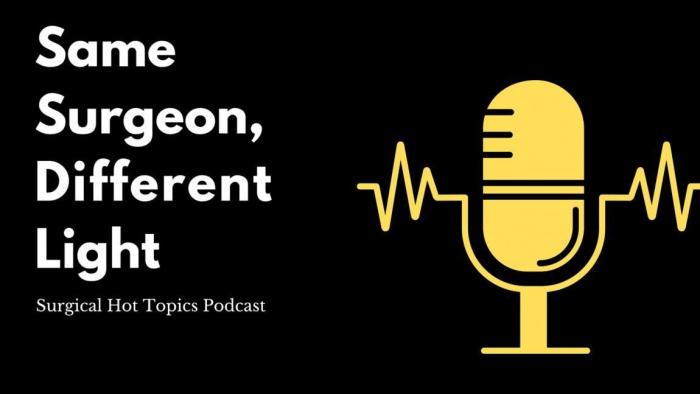
Same Surgeon, Different Light
Same Surgeon, Different Light demystifies CT surgery by revealing the men and women behind their surgical masks. Hosts Dr. Cherie Erkmen and Dr. Sara Pereira uncover the backstories of cardiothoracic surgeons from different backgrounds and career stages. It's a fascinating look at the powerful and personal stories about their career journeys.
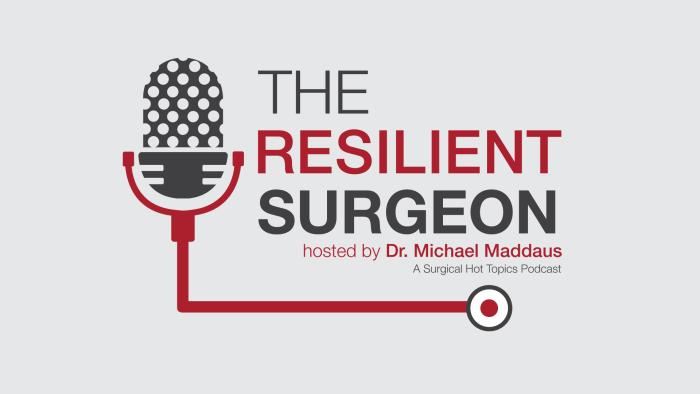
The Resilient Surgeon
Hosted by Dr. Michael Maddaus, the Resilient Surgeon offers captivating and sincere conversations with some of the most influential and insightful experts in personal wellness and organizational leadership. Find practical strategies and scientifically proven practices to help you perform at your very best in and out of the OR.
Mentorship
Designed for STS members at any career level, the Mentorship Program connects professionals seeking career advice and other guidance.
For Early Career Surgeons and Mid-late Career Surgeons
CT surgery trainees and early career surgeons can request mentorship from a more seasoned professional–as well as apply to mentor. Provide your contact information and notate your practice type and areas of interest (e.g., practice building, clinical research, contract negotiations) to assist in creating the best mentor/mentee match.
Find a mentor Become a mentor
Are you a medical student or CT surgery trainee looking for mentorship or are interested in becoming a mentor? Visit the Trainee Hub to learn more and register today!
Fellowships, Awards, and Scholarships
The Thoracic Surgery Foundation (TSF), the charitable arm of STS, provides research awards and grants aimed at developing the skills of early career surgeons, both as surgeon-scientists and health policy leaders, as well as scholarships for trainees and early career surgeons to attend various STS in-person events.
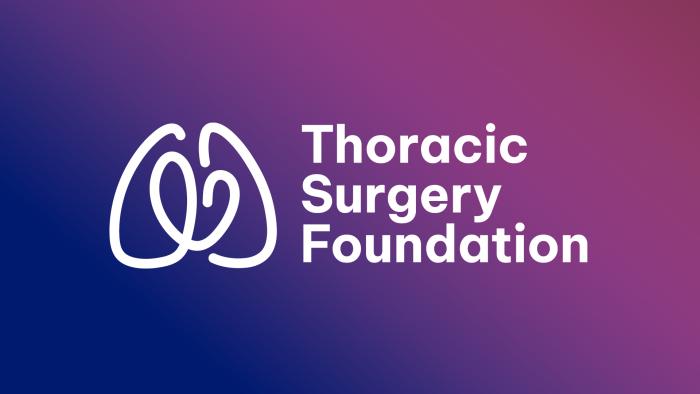
TSF/STS Douglas Mathisen Traveling Fellowship in General Thoracic Surgery
Up to $20,000 to support the continuing education of early career general thoracic surgeons to travel domestically or internationally in order to learn a new technique, adapt new technology, and collaborate between investigators.

Robert L. Replogle Traveling Fellowship Award
Up to $10,000 for early career congenital heart surgeons committed to the treatment of congenital heart disease to travel to another institution for the purpose of learning a novel technique, adapting innovative technology, and/or fostering collaboration.

Nina Starr Braunwald Research Award
Up to $85,000 per year for up to two years to support the work of an early-career woman cardiac surgeon (within five years of first faculty appointment).
Ethics Forum Scholarships
The Cardiothoracic Ethics Forum, a joint STS and AATS project, offers scholarships in amounts up to $10,000 for cardiothoracic surgeons to obtain formal training in biomedical ethics.
Advocacy Scholarships
These scholarships cover reasonable travel and meal expenses associated with attendance at an STS Advocacy Conference in Washington, DC.
Health Policy Scholarship
STS and the American College of Surgeons offer an annual scholarship to subsidize attendance and participation in the Executive Leadership Program in Health Policy and Management at Brandeis University.
Social Media Outreach
Connect with the Workforce on Career Development members on X @TheHub_STS, and join quarterly XChats, during which Society leaders discuss early career issues in an open social media forum. Check out this recap of the August XChat on The Pitfalls—What Not to Do Early in Your Career moderated by Dr. Joseph Phillips. Practicing cardiothoracic surgeons and residents share strategies they deployed (or should have deployed) to avoid common mistakes made early in a CT surgeon's career.

Videos
Watch videos for focused discussions on topics that range from clinical scenarios to lively debates and roundtable discussions.
Young Professors: Insights and Tips for Early and Mid-Career Faculty
A discussion: how to balance clinical work with the scholarly activities that are necessary for promotion in a modern academic medicine environment.
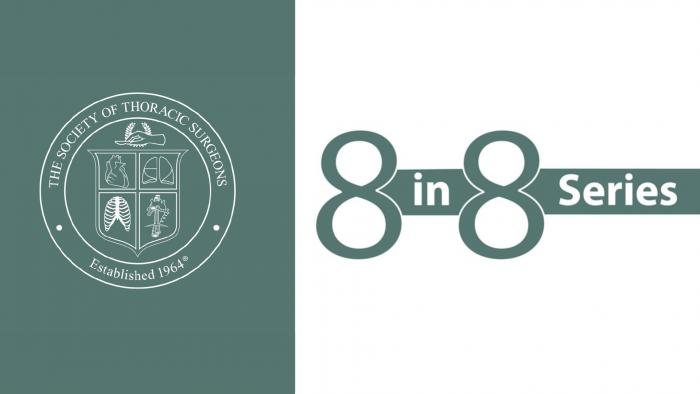
8 in 8 Series: How Cardiothoracic Surgeons Are Reimbursed
A look at the basics of surgeon salary and compensation, plus two types of reimbursement models.
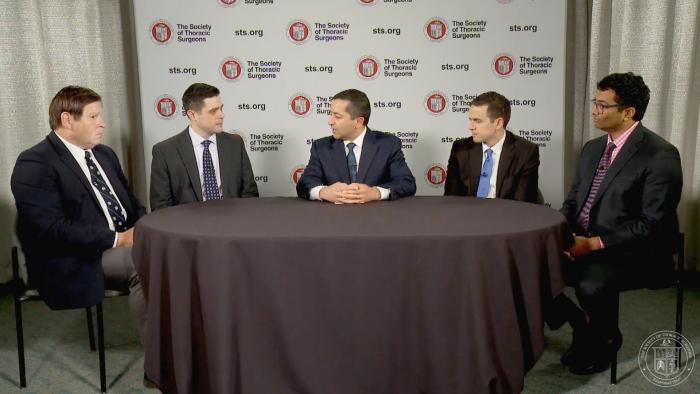
Finding Your First Job in Cardiothoracic Surgery
Tips on making a good impression during an interview, making sure that the job is a great fit, how to find the best career resources, and how to engage and maintain good mentors.
